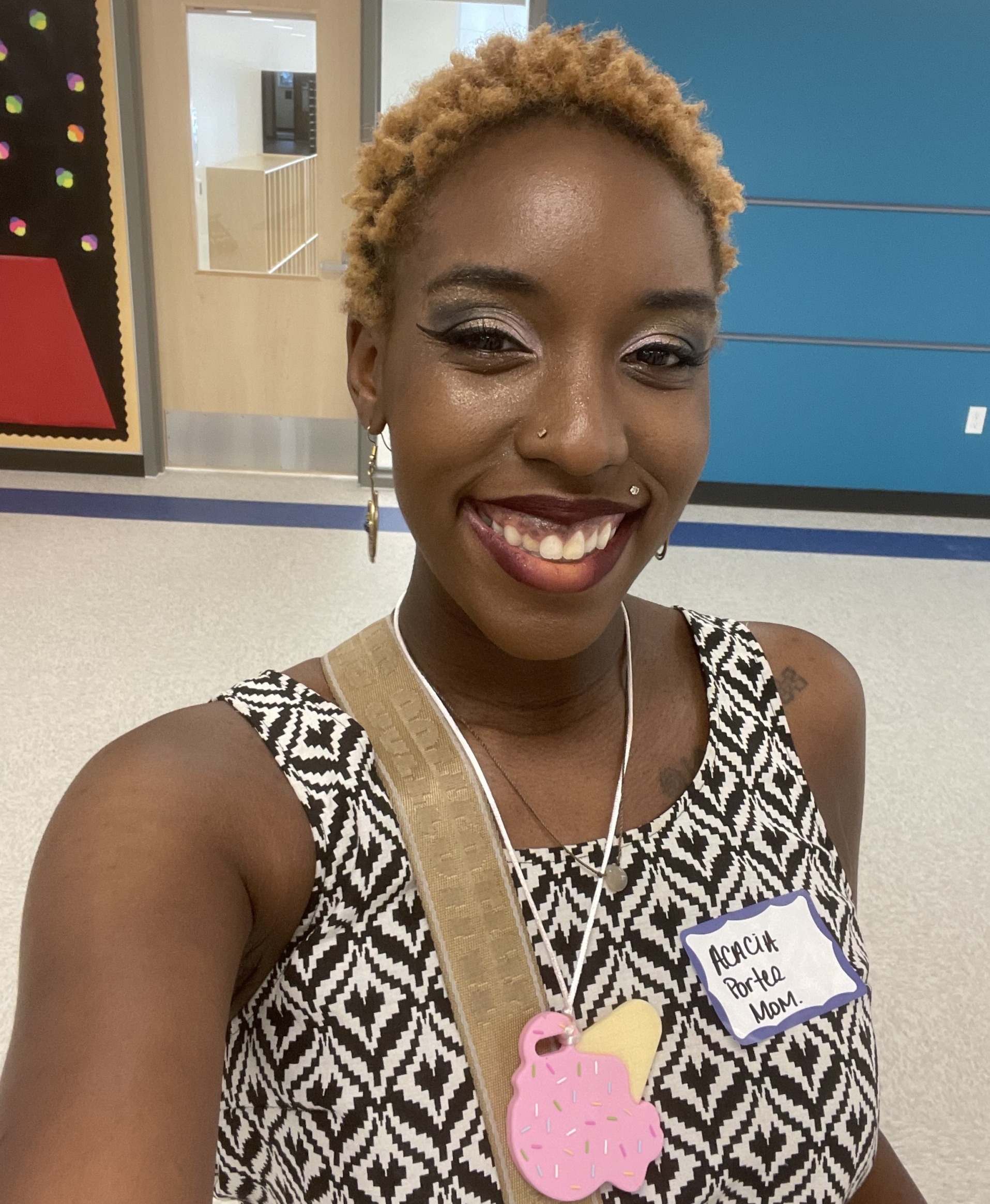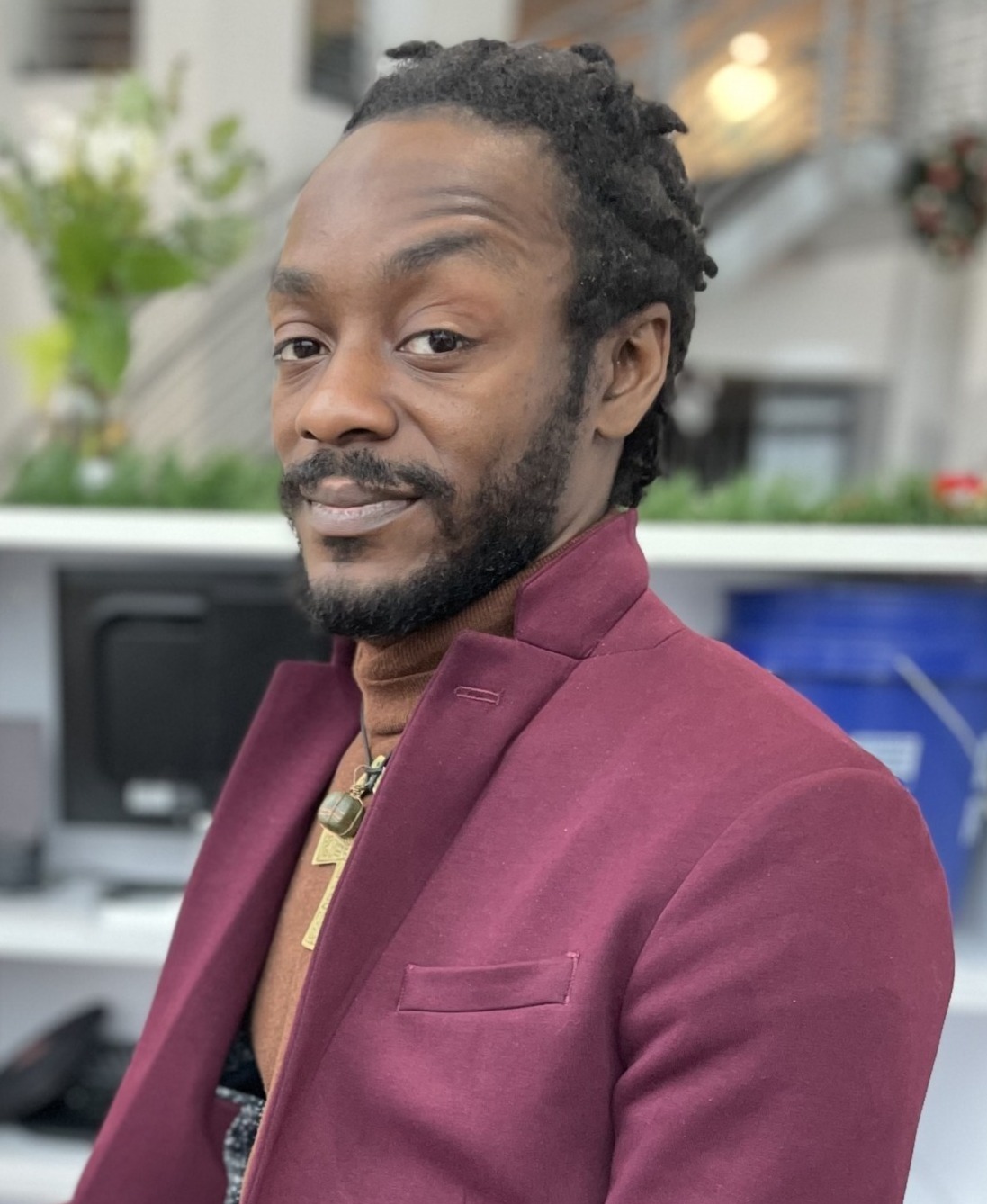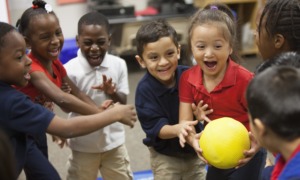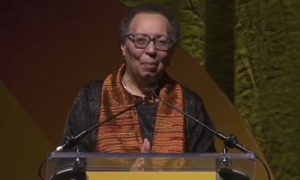Our 6-year-old daughter Arya is intelligent, curious and outspoken. She’s unafraid to ask clarifying questions, express her feelings or stand up for someone she feels is being mistreated.
But as we considered where to enroll her in school, we were scared. We feared Arya’s outgoing nature and creativity would be stifled by an education system that disproportionately targets children like her. Columbia Law School, African American Policy Forum and The Education Trust, among other researchers, have shown that Black girls, often depending on where they live, are anywhere from four times to 11 times more likely than their white peers to be suspended. The Children’s Defense Fund pointed out such disparities back in 1975. On top of that trend, conservative lawmakers and their supporters today are waging race, culture and class warfare by banning from school libraries, among other books, ones about Black people; they are outlawing the full and accurate teaching of Black history.

Acacia Corson
The two of us, Arya’s parents, had our own awful experiences when we were students. In the public schools we attended, we’d seen firsthand how Black kids too often face a double standard in classroom instruction and in how they are corrected and/or disciplined. We didn’t want her to be scolded for doing the very same things her white peers do without consequence or to be overlooked when she needed support.
After many hours of discussing our options, a conversation with another mother in our apartment community inspired us to enroll our kindergartener at Black River Elementary. It is one of four charter schools run by Impact Public Schools in Renton, Washington, where we live.
We were especially impressed by the school’s emphasis on providing an anti-racist education and honoring the diverse cultures of our community. The school is home to a student body that is 35% Black, 23% Latino, 23% multiracial and 7% Asian. Among them, they speak more than a dozen languages. Equally, people of color almost entirely make up the school staff, including its leadership team.
Teaching tailored to kids’ abilities and authenticity
Seeing the school’s mission in action has been eye-opening. Arya’s teachers truly see her for who she is. Recognizing that she was reading at first-grade level, they put our kindergartner in an accelerated program where she learns together with other students performing at her level, rather than those of her age group.
She has been empowered to express her feelings through words, learning to distinguish between opinions and unvarnished facts. She’s been taught when to tell an adult if a classmate picks on her, instead of keeping that to herself and acting as if she is powerless.
As Arya is learning about the diverse cultures and people of Renton, she already is picking up Spanish from her friends. She comes home from school telling us about holidays we had never heard of before. “Diwali is the [Hindu] festival of lights,” she told us excitedly, then explained how oil lamps are burned during that holiday of the South Asian diaspora.

James Porter
Our kindergartener, whose educational experience is the complete opposite of ours, is teaching us about the world. She isn’t being taught, as we were, mainly about the history and present of white people.
Witnessing our daughter’s experience and growth has encouraged us to advocate for adequate funding for charter public schools that we believe do give parents better alternatives, without saddling them with private-school tuition that so many cannot afford. We believe every family should have the option to choose a school that fits their values and helps their kids thrive as their authentic selves.
Making that vision a reality requires educating parents about the options available to them in their communities and making sure that all public schools, charter or not, receive fair funding. Unfortunately, public charter schools like the one Arya attends receive less funding than traditional public schools in Washington. The Seattle Times editorial board last year criticized this inequity, which can add up to as much as $3,000 less in funding per student.
We urge state lawmakers to change that.
As we reflect on this school year, what we’re most proud of is watching our daughter continue to grow into herself as a proud Black girl in an environment where diversity permeates classroom instruction and extracurricular activities, an environment where diversity is celebrated.
***
Parents of a kindergartener and a 3-month-old, mom Acacia Corson, owns a boutique body care products company, and dad James Porter is a sensei and manager of a Seattle karate dojo.
































